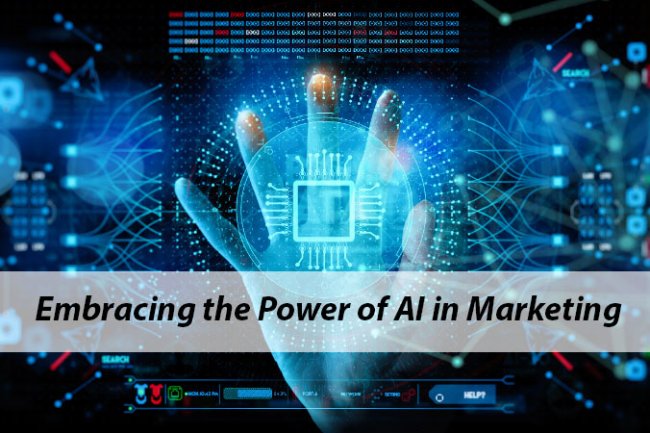Unraveling the Wonders of Machine Learning: A Journey into the World of AI

Machine Learning (ML) is a transformative branch of artificial intelligence (AI) that has revolutionized various industries, from healthcare and finance to transportation and entertainment. Through the power of data-driven algorithms and neural networks, ML enables computers to learn from experience, identify patterns, and make predictions without explicit programming. In this blog, we embark on a journey to explore the incredible world of machine learning, understanding its applications, impact, and the future it holds.
What is Machine Learning?
At its core, machine learning is the science of teaching machines how to learn from data. Instead of instructing a computer step-by-step, ML algorithms enable computers to learn and adapt autonomously based on past experiences. The three primary types of ML are supervised learning, unsupervised learning, and reinforcement learning. Supervised learning involves training models with labeled data, unsupervised learning deals with unlabeled data to discover patterns, and reinforcement learning involves training models to make decisions through trial and error.
Applications of Machine Learning:
Machine learning has found applications in diverse fields, transforming industries and enhancing human experiences. In healthcare, ML algorithms aid in diagnosing diseases, predicting patient outcomes, and drug discovery. In finance, ML optimizes investment strategies, detects fraudulent activities, and improves risk assessment. Industries like marketing, agriculture, and manufacturing also benefit from ML by optimizing operations, personalizing customer experiences, and automating processes.
Deep Learning and Neural Networks:
Deep learning is a subfield of ML that leverages neural networks to simulate the human brain's structure and function. These deep neural networks consist of multiple layers that process data hierarchically, enabling the system to extract complex features and patterns. Deep learning has been a game-changer in computer vision, natural language processing, and speech recognition, enabling breakthroughs like self-driving cars, virtual assistants, and image recognition systems.
Ethical and Societal Implications:
As machine learning continues to advance, it raises important ethical considerations. Bias in data can lead to biased algorithms, impacting decision-making and perpetuating inequalities. Ensuring fairness, transparency, and accountability in ML models is essential to avoid unintended negative consequences. As a society, it is crucial to strike a balance between embracing AI's potential and addressing potential risks.
Challenges and Future Prospects:
Despite its remarkable achievements, machine learning faces challenges such as data privacy, interpretability of models, and the need for massive computational resources. Researchers and engineers are constantly working to address these issues and push the boundaries of AI further. The future of machine learning promises even more exciting developments, such as explainable AI, federated learning, and AI-augmented creativity.
Machine learning has emerged as a driving force behind AI's rapid progress, reshaping industries, and transforming the way we live and work. From self-driving cars to medical diagnostics, ML's impact is evident across various domains. However, it is essential to approach AI with a responsible and ethical mindset, addressing challenges like bias and data privacy. By embracing the potential of machine learning and nurturing a culture of innovation, we can unlock new frontiers and continue to witness the incredible power of artificial intelligence in improving our lives and the world around us.
What's Your Reaction?















